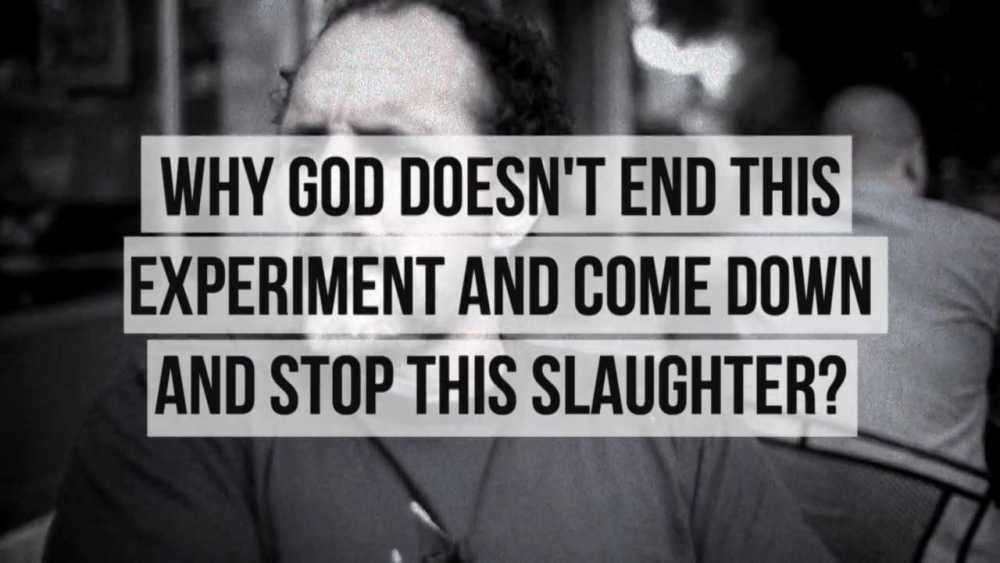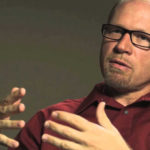We run our website the way we wished the whole internet worked: we provide high quality original content with no ads. We are funded solely by your direct support. Please consider supporting this project.

Divine Wisdom
Why doesn’t God end it all and stop the slaughter? Why does God allow suffering and evil to go on so long? Here, Greg offers two possible answers to these questions. Option A is that all evil somehow is designed by God and somehow brings glory to him. But Greg thinks Option B is a better explanation, and it involves something he calls “divine wisdom”. Watch to see if you agree.
You can find more videos like this by visiting The Work of the People.
Category: Sermons and Video Clips
Tags: Calvinism, Evil, Open Theism, Problem of Evil, Suffering, The Work of the People, Theodicy
Topics: The Problem of Evil
Related Reading

Do Angels and Demons Really Exist?
While the supremacy of God is never qualified in the Bible, this supremacy is not strictly autocratic. Other “gods” or spiritual entities like angels and demons are not mere puppets of the God of the Bible. Rather, they appear to be personal beings who not only take orders but also are invited to give input…

Why Can’t God Stop Evil? The Thomas J. Oord Interview (podcast)
Greg and Thomas talk about Open Theism and how Greg’s views differ from Thomas’s. Theology nerds, get your compass and your flashlight and prepare to go DEEEEEP in the weeds! Thomas’s book: God Can’t Episode 487 http://traffic.libsyn.com/askgregboyd/Episode_0487.mp3

God’s Regrets and Divine Foreknowledge
One aspect of the portrait of God in Scripture that suggests the future is partly open is the fact that God sometimes regrets how things turn out, even prior decisions that he himself made. For example, in the light of the depravity that characterized humanity prior to the flood, the Bible says that “The Lord…

What is your perspective on the classical view that God is above time?
In a major strand of hellenistic (Greek) philosophy, change was seen as being an imperfection. This idea was adopted by many early Church fathers and eventually became almost an assumed dogma of the Church. It was thus assumed that, since God is perfect, he must be above all change. Not only does his character and…

Podcast: Are Our Personal Afflictions the Result of Our Personal Sins?
Greg considers the cause of our afflictions, the healing at Bethesda, and Monty Python. http://traffic.libsyn.com/askgregboyd/Episode_0086.mp3

What is the significance of Jeremiah 42:9-16?
Through Jeremiah the Lord tells Israel “If you stay in this land, I will build you up and not tear you down; I will plant you and not uproot you, for I have relented concerning the disaster I have inflicted on you” (vs. 10). Then, a few verses later, he says, “However, if you say,…
